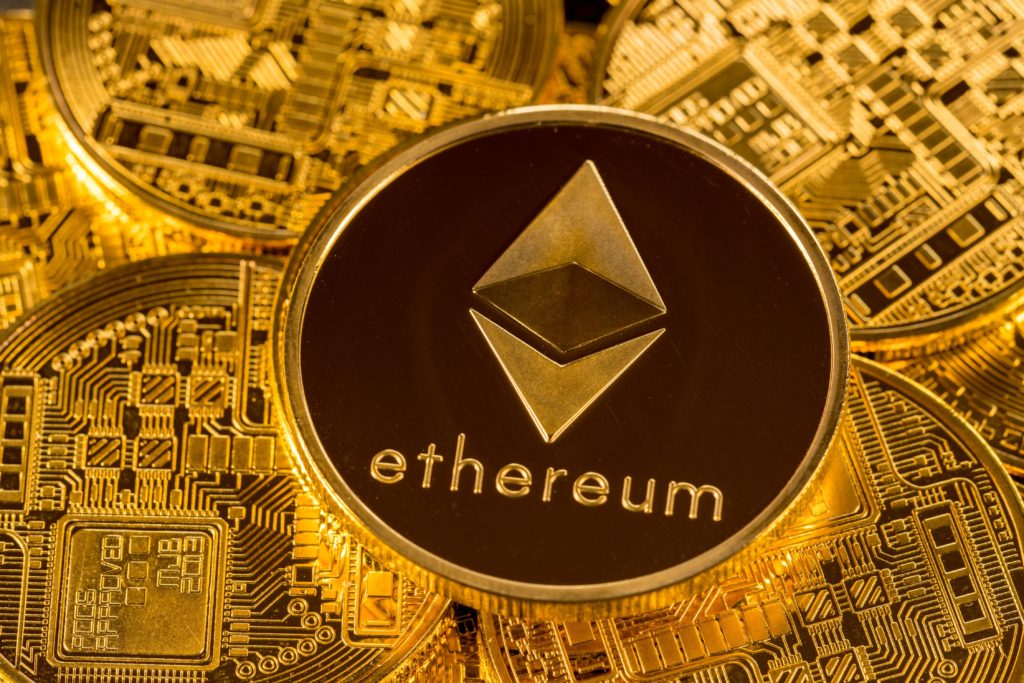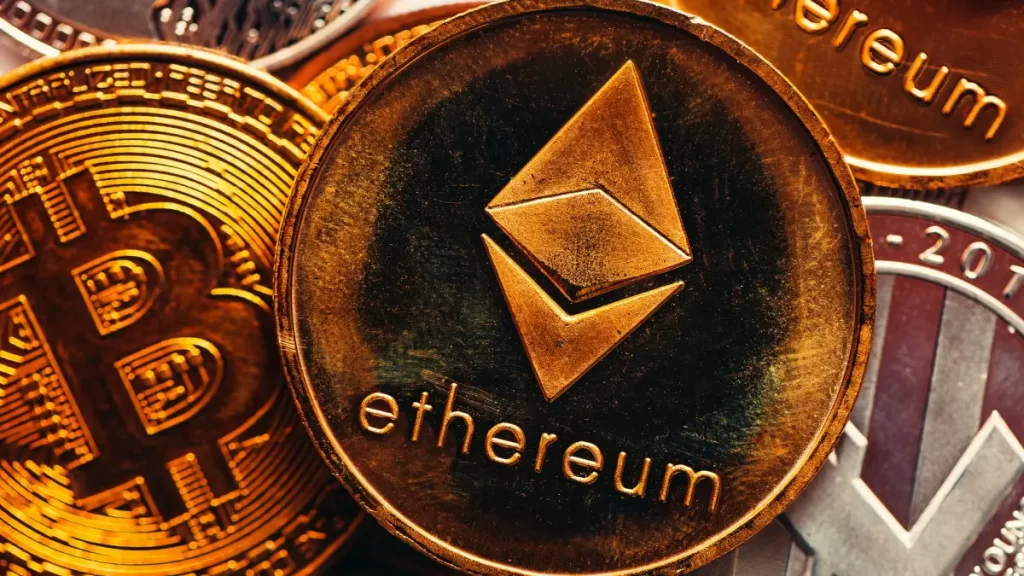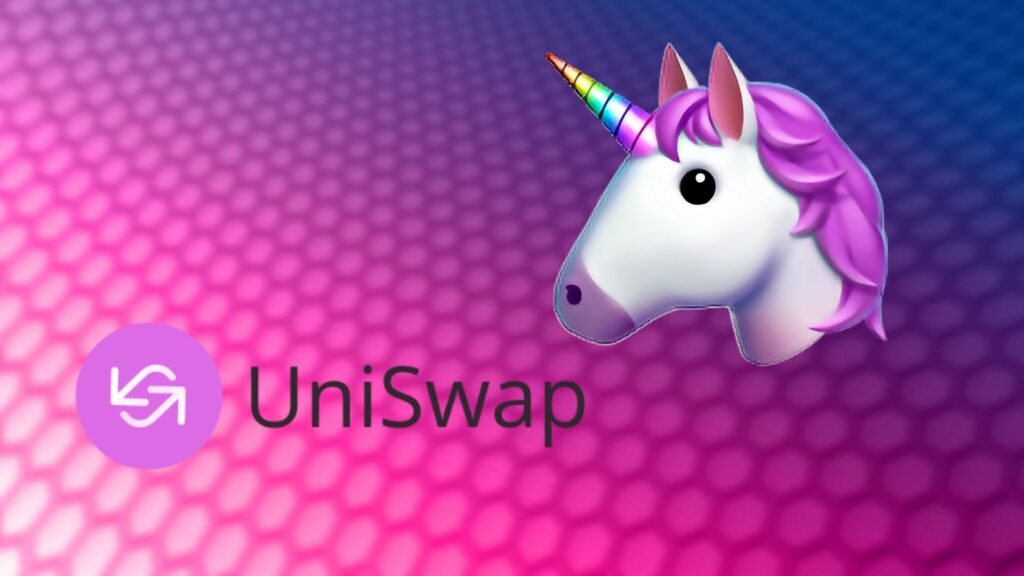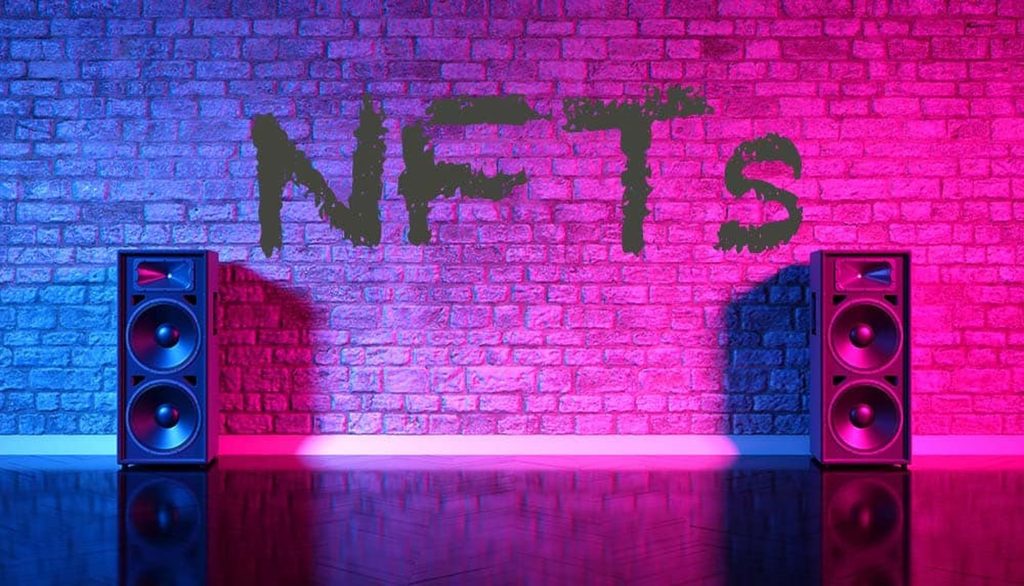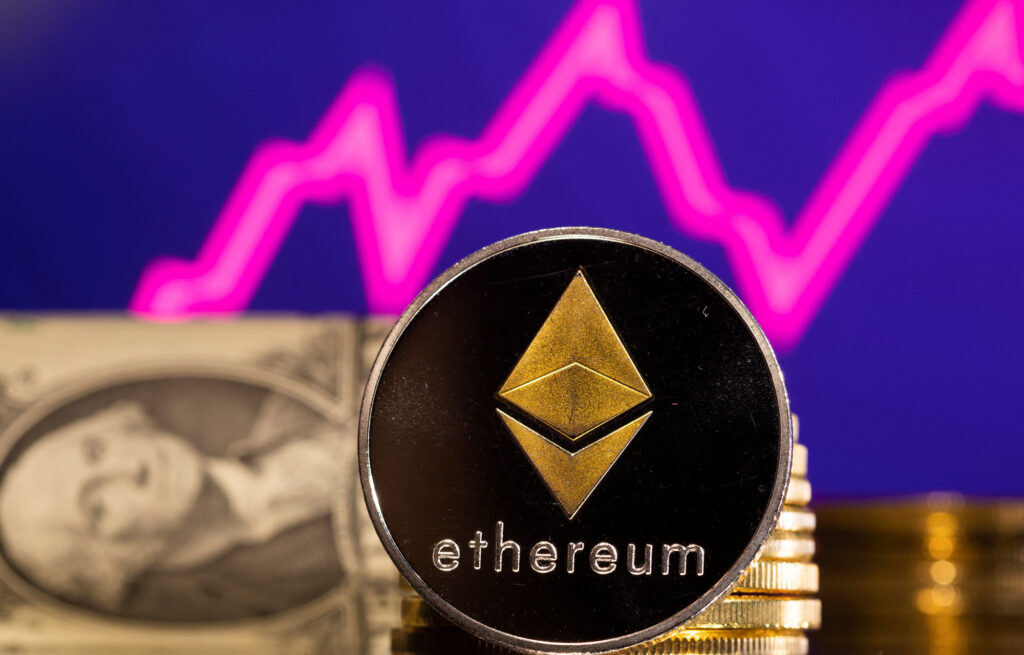American multinational investment firm Franklin Templeton has filed an amended S-1 application for its proposed spot Ether exchange-traded fund (ETF) product, becoming the first among the applicants to disclose fees to investors.
“The fees of the Sponsor accrues daily at an annualized rate equal to 0.19% of the net asset value of the Fund,” Franklin Templeton stated in a filing with the United States Securities and Exchange Commission on May 31.
Bloomberg ETF analyst Eric Balchunas highlighted the significance of this move, stating that “the opening shot in the ETH ETF fee war has been fired from Franklin” in an X post on the same day.
He dismissed the notion that the fee might be temporary, asserting that it “looks permanent” as it matches Franklin’s spot Bitcoin ETF product.
Sponsor fees, which compensate the fund manager for administration expenses, are a crucial factor for ETF products as investors generally prefer funds with lower fees.
On the same day, VanEck, Invesco, and Galaxy also submitted amended S-1 applications, but none disclosed their sponsor fees.
This has led to speculation and anticipation in the market regarding their potential fee structures.
Balchunas noted, “Also no fees in any of the new S-1s. Fee war on hold for now,” indicating that the competitive fee adjustments seen with Bitcoin ETFs might not yet be replicated with Ether ETFs.
Prior to the launch of spot Bitcoin ETFs in January, the industry experienced frequent S-1 filing amendments for fee adjustments, a phenomenon Balchunas referred to as the “fee wars.”
Some issuers even waived fees to enhance competitiveness; for instance, Bitwise waived all fees on its spot Bitcoin ETF for the first six months and the first $1 billion in assets.
Grayscale Investments and BlackRock submitted amendments on May 30 and May 29, respectively. Balchunas commented at the time that it was a “Good sign. Probably see rest roll in soon.”
He suggested there might be another round of amendments to “fine-tune” SEC comments, but expressed optimism that spot Ether ETFs could launch by the end of June, calling it a “legit possibility.”
To submit a crypto press release (PR), send an email to sales@cryptointelligence.co.uk.

